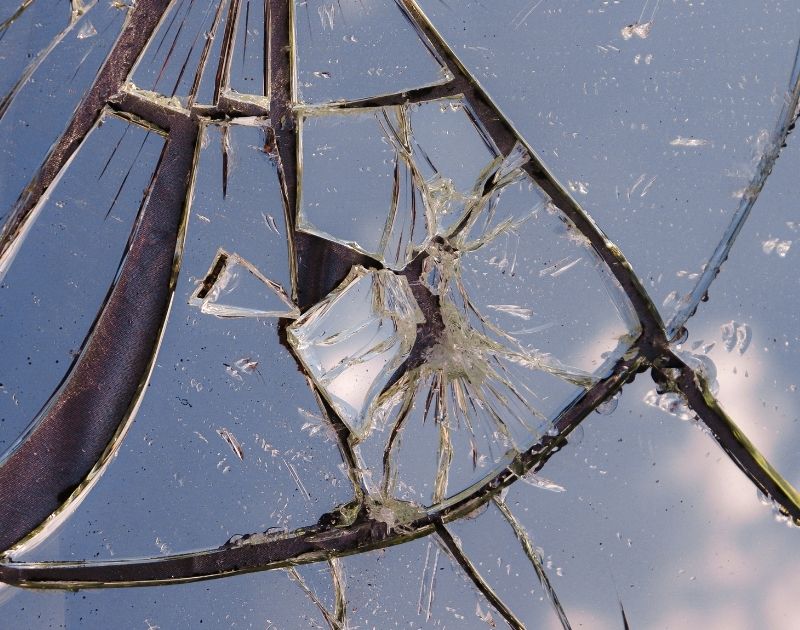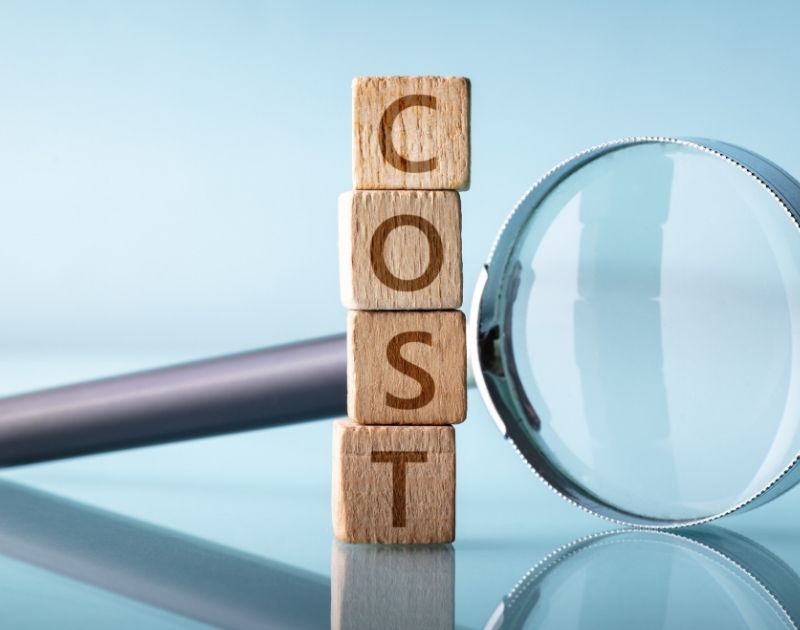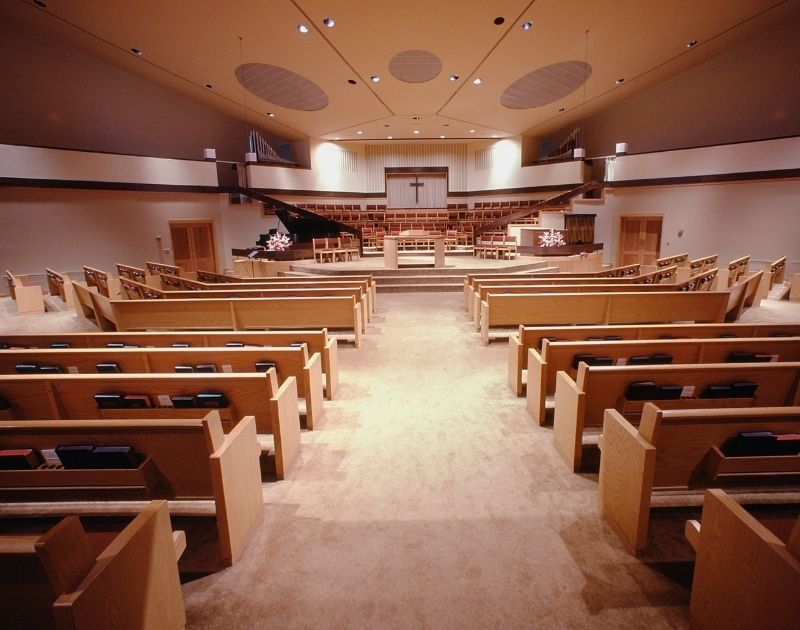Discovering that a piece of your office or facility was damaged during a commercial cleaning or janitorial service can be stressful. Fortunately, a clear plan of action can help you resolve the issue quickly and fairly. In this guide, we walk through the immediate steps you should take when damage occurs, explain the legal and insurance considerations, outline how to communicate with the cleaning company, and share best practices to prevent future incidents. We conclude by explaining how Assett Commercial Services handles such situations responsibly, so you can feel confident in your choice of cleaning provider.
Immediate Steps to Take After Damage Occurs
When you notice that something has been broken or damaged after a cleaning visit, taking swift, organized action is key. First, document the damage thoroughly. Take clear photos or videos of the damaged item and its surroundings as soon as you discover the issue. This visual evidence will be critical for filing any claims or resolving disputes. Make sure to note the date, time, and what the item is, and if possible mark it so it’s clear to all parties involved.
Next, notify the cleaning company right away. Contact them as soon as possible – ideally within hours of discovering the damage. Most professional cleaning services have protocols for handling mishaps. Let them know what happened and share the photos and details you collected. This gives them a chance to respond immediately and begin their own investigation. It also starts the clock on any contract-stipulated reporting timelines, ensuring you meet all deadlines for claims or repairs.
After contacting them, review your service agreement or contract. A good cleaning contract will outline who is responsible for damage and how issues are handled. Check if there are clauses about damage responsibility, required notice periods, and steps for dispute resolution. Understanding these terms helps set expectations for both you and the cleaning company.
If the damage is significant and not quickly resolved on the spot, consider involving your insurance or theirs. In many cases, the cleaner’s liability insurance will cover repair costs, but this usually requires formal paperwork. We’ll discuss insurance in detail next.
Liability and Insurance Considerations
One of the most important questions is who pays for the damage? In most cases with professional cleaning companies, their general liability insurance or bond covers property damage. Reputable commercial cleaning providers carry liability policies precisely to cover accidents on the job. For example, “public liability” insurance protects you if a cleaner accidentally scratches floors, breaks equipment, or damages property. Similarly, workers’ compensation insurance protects the cleaning company’s employees if they get injured while working, which also shields your business from related liability.
Before ever hiring a cleaning service, it’s wise to verify their insurance. Ask for copies of their insurance certificates (liability and workers’ comp) and confirm they are current. This should be standard practice. According to industry experts, cleaning companies should carry these policies as your “safety net,” so you won’t be left footing the bill for any accidents. If damage occurs and it’s covered by the cleaner’s insurance, they will typically help file the claim. As one authority notes, “if the cleaning company doesn’t resolve the issue directly, their liability insurance should cover the costs”.
Note that insurance policies for cleaning companies often include a “care, custody and control” component. This means if an item is in the cleaner’s care (for example, they moved something or had it near cleaning equipment) and gets damaged, the policy still applies. It’s a good idea to clarify with the cleaning company what their policy covers. For your own protection, make sure the provider’s general liability explicitly covers property damage (repair or replacement) and ask about any exemptions. Industry resources recommend carrying at least $500,000 to $1 million in liability coverage, and more for high-value environments.
If your organization has its own insurance policy, check whether it provides any coverage or reimbursement for “third-party” property damage. Often, your policy will require you to file with the cleaner’s insurance first. In all cases, keep all documentation (photos, correspondence, repair estimates) handy for insurance adjusters.
Review Your Contract and Legal Protections
Your service contract is a key reference when damage occurs. A well-written contract will include damage responsibility clauses and a clear procedure for reporting issues. Look for sections that answer: Who is liable if property is damaged? and What steps must you follow to report and resolve it? If the contract is silent on damage, default legal rules may apply (often meaning the cleaning company or its insurer is responsible), but having it spelled out in writing avoids confusion.
As part of your contract review, note any timeframes for reporting damage (for example, “report within 24 hours”). Complying with these deadlines is crucial. Also check if the agreement requires the cleaning company to carry certain insurance – reputable companies typically advertise their coverage levels upfront.
If there is any disagreement about responsibility, try to resolve it by referencing the contract and your evidence. In many cases, showing a contract clause and photographs is enough to convince a reasonable provider to pay or fix the damage. If the cleaning company refuses to acknowledge responsibility despite clear evidence, you may need to take further action. Options include negotiating with the company’s management, involving your legal advisor, or (in extreme cases) filing a formal complaint with consumer protection agencies or industry groups.
Throughout this process, maintain a professional, fact-based approach. Save all communications in writing (emails or letters), as they can serve as proof of notice. Stay calm and stick to the facts: what was damaged, when it was found, and what you expect (repair or replacement). This helps preserve a good business relationship, which is in everyone’s interest.
Communicating with Your Cleaning Provider
Effective communication can make a big difference in resolving property damage smoothly. Contact the cleaning company’s manager or customer service representative as soon as you discover the issue. Explain exactly what happened and share your documentation (photos, videos). Ask them to review the contract’s damage provisions and let you know their next steps. Good companies will appreciate the prompt notice and will have an internal process to handle such claims promptly.
If you haven’t already, request an official incident report or claim form from the cleaning provider. Fill it out with details of the incident and attach your evidence. Ask for a point of contact so you can follow up. Throughout the conversation, remain polite but firm: your goal is to solve the problem, not assign personal blame.
If the cleaning company investigates and agrees to fix or replace the damaged item, get a timeline in writing. If they suggest using insurance, ask for the insurer’s name and what information you need to provide. In all communication, reference the contract clauses and insurance we discussed earlier. For example, you might say, “According to our contract, the cleaning company’s liability insurance should cover this damage.” This shows you are informed and keeps the discussion businesslike.
Should the company be unresponsive or deny liability without good reason, remind them of any escalation process in your contract. You can also ask if there is a franchise or corporate office you can contact. If they still balk, you may need to involve higher authorities or insurance. But in most cases, prompt, professional communication will lead the company to resolve the issue fairly.
Prevent Future Damage: Best Practices for Commercial Cleaning
The best “cure” is prevention. To minimize the risk of future damage, build strong practices into your cleaning contract and routine. Begin by vetting your cleaning provider carefully. Choose a company with a solid track record: positive client reviews, professional certifications, and transparent policies. A reliable commercial cleaning service will readily show proof of insurance and training programs for its staff.
Before any cleaning begins, communicate your expectations. Provide a walkthrough of the facility highlighting fragile areas or expensive equipment. Label or secure delicate items, or even remove high-value objects from the cleaning zone if possible. As one industry guide suggests, “Discuss special instructions: let the cleaning team know about fragile or valuable items and how to handle them”.
It also helps to inspect key areas before and after each clean. Conduct a quick walk-through with the cleaning supervisor at shift start and end. Note any pre-existing marks or issues before they begin, and then check again for new damage after. This practice not only catches any problems immediately, but also shows the cleaning crew that you care about accountability. According to cleaning industry recommendations, you should “walk through the area to note any pre-existing issues and check for new damage afterward”.
Training and supervision are part of prevention, too. Ensure that your cleaning contract includes language about staff training, and ask that the provider perform regular safety briefings. A professional janitorial service will train its employees on proper equipment use and caution around sensitive areas. You might even negotiate periodic site audits or performance reviews to reinforce standards.
Common causes of cleaning-related damage include improper equipment use, chemical spills or mishandling, and accidental knocks. Being aware of these can help you and the cleaning team take precautions.
Additionally, maintain an open feedback loop. Encourage your janitorial staff to report any concerns immediately, and be ready to adjust instructions as needed. For example, if a particular cleaning process seems to risk damage (say, a new buffing machine near sensitive equipment), work together with the provider to find a safer method.
By following these best practices—vetting providers, clear communication, and proactive inspections—you greatly reduce the chance that something will break in the future.
Why Assett Commercial Services Is a Trustworthy Partner
At Assett Commercial Services, we take the hassle out of dealing with accidents. We understand facility managers and property owners need a cleaning partner they can rely on. That’s why Assett crews are thoroughly trained, insured, and empowered to act responsibly on the job. Every Assett location carries robust insurance coverage for property damage, and we background-check all employees to prevent mishaps from the start.
If an incident does occur on one of our projects, Assett’s proven response process kicks in immediately. We document the situation, communicate transparently with you, and use our insurance or repair resources to make it right. Our responsive, solutions-focused approach ensures minimal disruption to your operations. As one industry checklist emphasizes, great cleaning companies offer “fast, solutions-focused approach to resolving any issues, big or small”—a commitment we live by.
In short, you can trust Assett Commercial Services to handle any property damage claims with professionalism and care. We keep you in the loop at every step and honor our contractual commitments to protect your interests. With Assett’s reliable commercial cleaning and janitorial services, your space stays spotless and your peace of mind stays intact—even when the unexpected happens.




